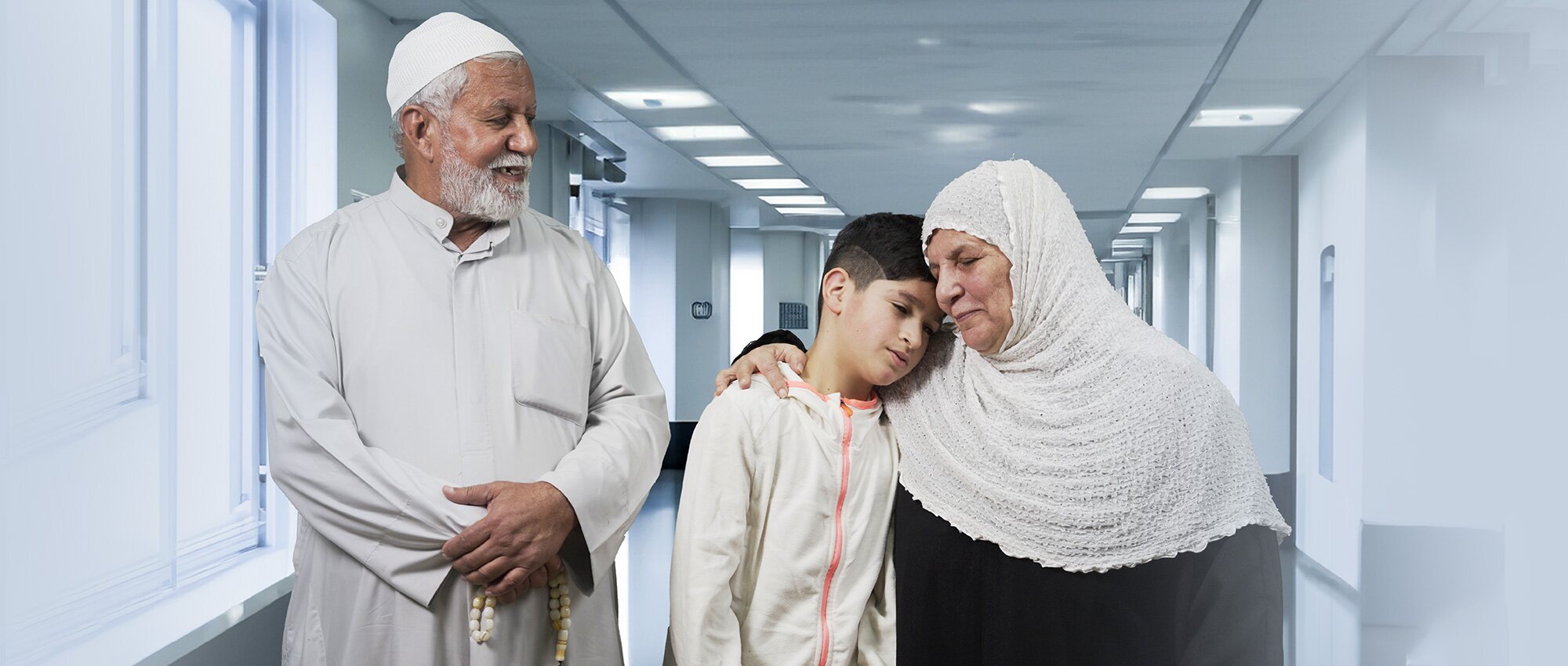Rouh W'rya Campaign for Early Detection of Lung Diseases
Warith International Cancer Institute (WICI) officially announces its largest project for this year: the launch of the "Iraq for Healthy Lungs Project." This is part of the "One Million Free Early Screenings" campaign, which includes several sub-initiatives aimed at conducting at least one million screenings.
The major project features several initiatives, including the "Rouh W'rya" initiative, which provides free early lung disease screenings through a dedicated clinic available every day of the week except Friday at Warith International Cancer Institute (WICI). This campaign is the result of collaboration between Warith International Cancer Institute (WICI) and consultants from the University of Liverpool, UK.
Respiratory and lung diseases are among the most common reasons for doctor visits among the most prevalent fatal diseases worldwide. Moreover, they can become chronic and require long-term treatments as they damage the lungs, causing fatigue and shortness of breath. Early screening involves using tests or examinations to detect the disease in individuals who do not exhibit symptoms.
Screening for Individuals at Higher Risk of Lung Cancer:
Individuals who should be screened for lung diseases are those experiencing specific symptoms such as chronic cough with mucus or blood, unexplained fatigue not related to heart problems, and chest pain that worsens with breathing. Early screening also includes people at higher risk for lung diseases, such as smokers and those exposed to environmental pollutants in factories and mines.
Benefits of Early Lung Disease Screening:
• Early detection of lung cancer, when it is still small and before it has spread, is more likely to result in successful treatment. Screening is recommended for certain smokers or former smokers who do not show any signs or symptoms.
• Typically, symptoms of lung cancer do not appear until the disease has advanced significantly. Even when symptoms do occur, many people may confuse them with other issues, such as infections or long-term effects of smoking.
• With the latest advanced technologies, lung cancer screening can be performed using Low-dose Computed Tomography (CT). This can help detect abnormalities that may not be cancerous but still require further examination to determine their nature.


